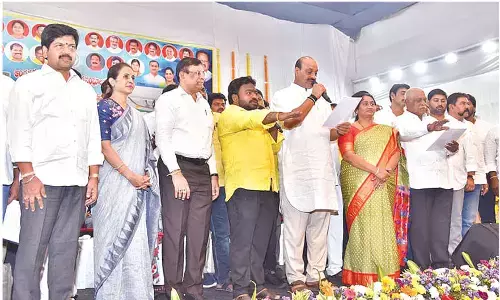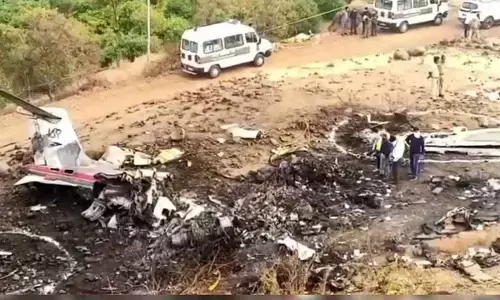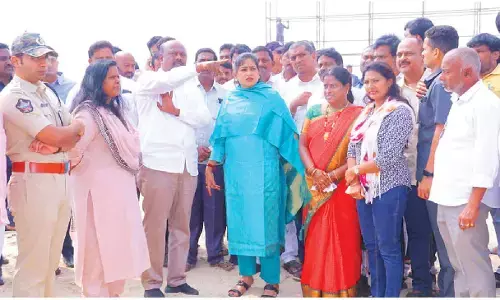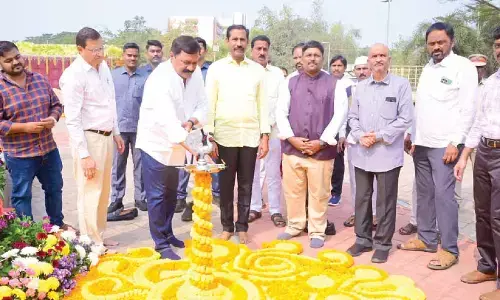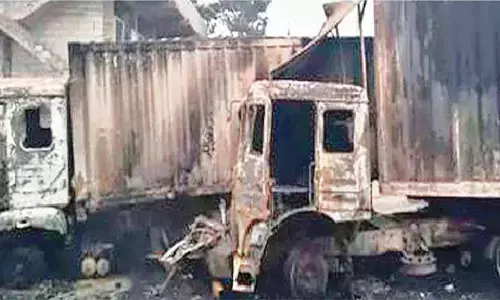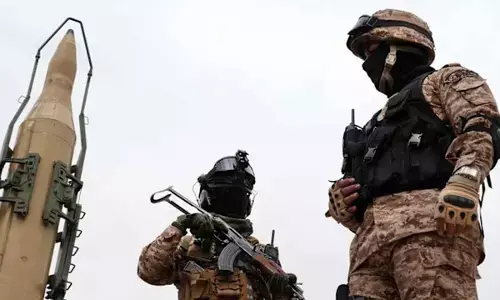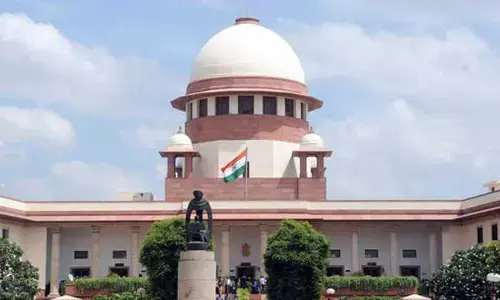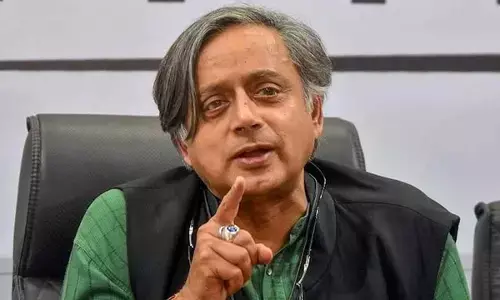SC out to rein in vexatious litigations

SC out to rein in vexatious litigations
Of late, there has been a significant spurt in frivolous and vexatious litigations mostly filed by the politically motivated parties and others intending to avenge a perceived wrong against their opponents.
Though happily most of such frivolous or vexatious litigations end up in dismissal or withdrawal, by the time they reach their pinnacle they already have left their adverse impact on the victims of such litigations besides having wasted precious time of the court.
In the Civil Procedure Code (C.P.C), the law has granted inherent power to the court to see that frivolous or vexatious litigations are not allowed under Order 7 Rule 11.
This particular rule states that the plaint 'shall be rejected' if it does not disclose a cause of action, the claim is undervalued and plaintiff does not correct the valuation within a time fixed by the court, the plaint is written on paper insufficiently stamped, the suit is barred by any law, copies of the suit papers not filed in duplicate and the plaintiff fails to comply with the provisions of Rule 9 which deals with serving of copies on defendants.
In a recent judgment, a division bench of Supreme Court of Justice Indira Banerjee and Justice Hemant Gupta has observed that the provisions of Order VII Rule 11 are not exhaustive and the Court has the inherent power to see that frivolous or vexatious litigations are not allowed to consume the time of the Court.
'In any case, an application under Order VII Rule 11 of the C.P.C for rejection of the plaint requires a meaningful reading of the plaint as a whole', the Court held and added, '…clever drafting creating illusions of cause of action are not permitted in law and a clear right to sue should be shown in the plaint'.
Abuse of law to wreck the revenge; political, social, family, business or for any other reasons has been rampant. Unfortunately, the courts in our country are 'excessively liberal' in this regard.
Most of them are allowing such frivolous and vexatious litigations in the name of right to seek 'justice' for the self-proclaimed victims. Such approach of courts undoubtedly blocks the way for 'genuine' litigations and they have to take back seat and wait for years to get the justice.
The condemnation of the apex court comes at a time when it is most expected. However, the apex court would do better by not stopping at this point but also setting an example to the lower judiciary by way of imposing exemplary costs or fine on the litigants filing frivolous and vexatious litigations.
This measure will go a long way in inculcating judicial discipline and fear in the minds of cunning litigants. Similarly, there is an urgent need to tighten the noose around the neck of irresponsible and arrogant litigants who knowingly and deliberately disobey the orders of the court with impunity. Such and many more measures are needed to brush up the image of country's judiciary which is the last resort to seek justice.
Uber drivers are workers, not contractors
In a judgment of far reaching consequences which would benefit thousands of cab drivers working under the aggregator company Uber, the United Kingdom Supreme Court has held that the Uber drivers are 'workers' for the purposes of employment law which grants them rights to be paid at least the minimum wage and other benefits such as annual paid leave etc.
The verdict was delivered by the seven Judges bench of the apex court unanimously. The company had contended that the drivers working with it were independent contractors. This argument of the company was rejected unanimously by the Court.
SC slams arbitration court
A division bench of Madras High Court comprising Chief Justice Sanjib Banerjee and Justice Senthil Kumar Ram Murthy has observed that 'the exercise undertaken to rewrite the arbitration award by ascribing reasons in support of claims allowed and quantum awarded is not a business of the arbitration court' while dealing with a case under Section 34 of the Arbitration and Conciliation Act, 1996.
The arbitration court has to yield to the arbitrator's assessment as to the quality and the quantity of the evidence, unless such interpretation is patently unreasonable or absurd to the meanest mind or is opposed to public policy, and added that even errors of law committed by arbitrators are not amenable to correction unless such errors lead to manifest miscarriage of justice.
However, the Court made it clear that in a regular appeal, it is open to the Court to embark on a fact-finding exercise, to re-read and re-appraises the evidence, to interpret the documents afresh and to do all things de novo that the Court of original jurisdiction could have done.
No strong-arm tactics, says Kerala HC
A single bench of Justice Raja Vijayaraghavan V of Kerala High Court while upholding the right of workers to resort to strike or dharna to effectively bargain with the management and to ensure that unfair labour practices are avoided, held that under the guise of a strike, the union leaders as well as the striking workers cannot indulge in strong arm tactics and violence to intimidate and force the management to succumb to their demands.
The court further observed," Under no circumstances can the respondent resort to violence to further their cause. That would infringe the rights of the petitioners to carry on their business."
These observations of the court have been made in Bharat Serum Vaccines Ltd & ors vs. state of Kerala &ors.
Madras HC fastens responsibility on hospital sans medical negligence
In a remarkable judgement, the Madras High Court has directed the state of Tamil Nadu to provide a compensation of Rs. 5, 00,000/- to the petitioner whose daughter died as a result of complications that arose after administration of anaesthesia in government hospital.
Justice G R Swami Nathan in his judgement in Tamil Selvi Vs The State Of Tamil Nadu held that, "when a patient is admitted to a hospital and suffers any injury or death which is not anticipated to occur in the normal course of event, even in the absence of medical negligence, the government is obliged to disbursed ex-gratia to the effected party."
The judgment is, indeed, a path- breaking development in law. Since our Constitution envisages social justice and welfare of the people, this judgement is go a long way in providing the much needed financial help to the victims and their families in the hour of need.








